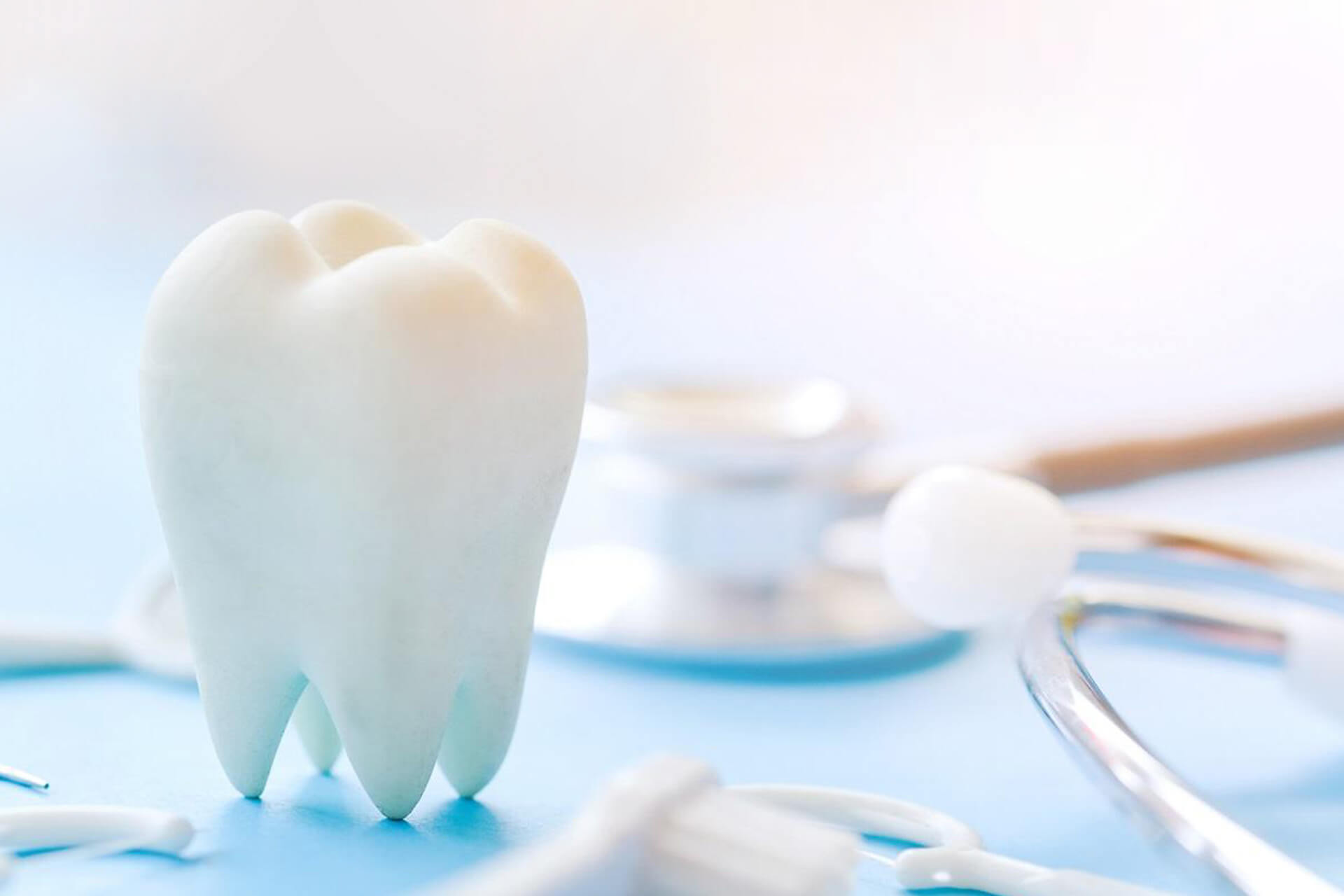
How Many Times Can A Dental Implant Be Replaced?

Dental implants have completely transformed the field of dentistry by providing a long-lasting and reliable remedy for missing teeth. They are designed to last for many years and have a high success rate. However, a common question arises for those considering dental implants: How often do they need to be replaced, and what factors influence their longevity?
In this blog post, our expert dentist from Suyog Dental Clinic in Mahim will answer your concerns and clarify the lifespan and replacement of dental implants.
Understanding Dental Implants
A dental implant is a titanium post that is surgically embedded into the jawbone, serving as the foundation for a replacement tooth. Over time, the implant bonds with the jawbone in a process known as osseointegration, creating a stable base for a crown, bridge, or denture.
This bonding process is what makes dental implants a popular option for tooth replacement, as they offer strength and stability and are crafted to replicate the function and look of natural teeth.
The Lifespan of Dental Implants
Dental implants are considered a long-term solution for missing teeth. They can last for several years with proper care, often without needing replacement. The lifespan of a dental implant can be impacted by several factors, including:
- Oral Hygiene: Good oral hygiene is important for the longevity of dental implants. Regular brushing, flossing, and professional cleanings help prevent gum disease and other issues that could compromise the implant.
- Bone Health: The health of the jawbone is necessary for the stability of a dental implant. Conditions like osteoporosis or significant bone loss can affect the implant’s success.
- Lifestyle Habits: Habits such as smoking or grinding your teeth (bruxism) can negatively impact the longevity of your implants. Smoking, in particular, can lead to implant failure due to its effects on healing and bone health.
- Regular Dental Visits: Routine check-ups with your dentist are vital to monitor the condition of your implants and address any potential issues early on.
When Should a Dental Implant Be Replaced?
While dental implants are designed to last for the long term, there may be situations where replacement becomes necessary. On average, dental implants should be replaced every 15 to 20 years, although they can last much longer with proper care. Here are some reasons why an implant might need to be replaced:
Wear and Tear: Over time, the crown attached to the implant may wear down due to normal use. This is especially true if the crown is subjected to excessive force, such as in cases of bruxism.
Gum Recession: If the gums around the implant begin to recede, the implant may become exposed, leading to aesthetic concerns or potential issues with stability.
Bone Loss: Significant bone loss around the implant can compromise its stability, necessitating replacement.
Infection or Peri-Implantitis: Although rare, infections can occur around the implant, leading to peri-implantitis, a condition similar to gum disease. If left untreated, this can result in the loss of the implant.
Damage to the Implant: In some cases, the implant itself may become damaged due to trauma or other factors, requiring replacement.
How to Extend the Life of Your Dental Implants?
At Suyog Dental Clinic, we emphasize the importance of proper care to ensure the longevity of your dental implants. Here are a few tips to help you maintain your implants:
- Practice Good Oral Hygiene: Brush at least twice a day and floss daily to keep your gums healthy and prevent infections that could affect the implant.
- Use the Right Tools: To avoid damaging the implant surface, consider using a soft-bristled toothbrush and a low-abrasive toothpaste. Additionally, water flossers can be an effective way to clean around implants.
- Avoid Hard Foods: Be cautious with foods that are hard or crunchy, as they can damage the implant or the crown attached to it.
- Wear a Night Guard: If you grind your teeth at night, wearing a night guard can protect your implants from excessive wear.
- Regular Dental Check-ups: Regular visits to your dentist allow them to monitor the health of your implants and address any issues early.
Conclusion
In summary, dental implants are a reliable and durable solution for replacing missing teeth, but like any dental treatment, they require proper care and maintenance. While implants can last for many years, by following good oral practices and attending regular dental check-ups, you can maximize the lifespan of your implants and enjoy the benefits of a complete, functional smile.
Schedule a consultation at Suyog Dental Clinic to learn more about dental implants in Mahim.



